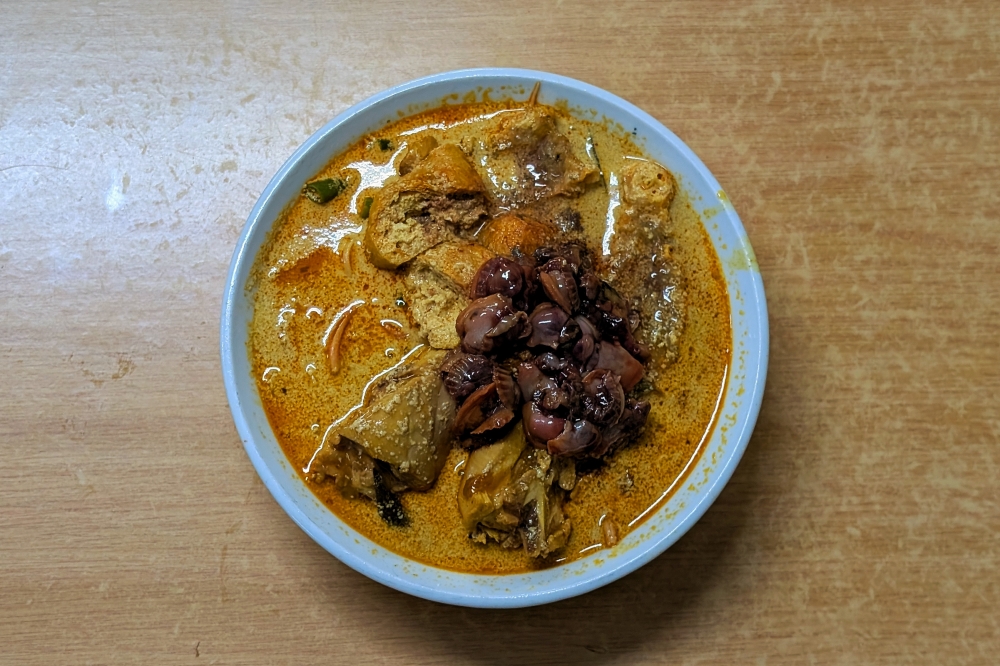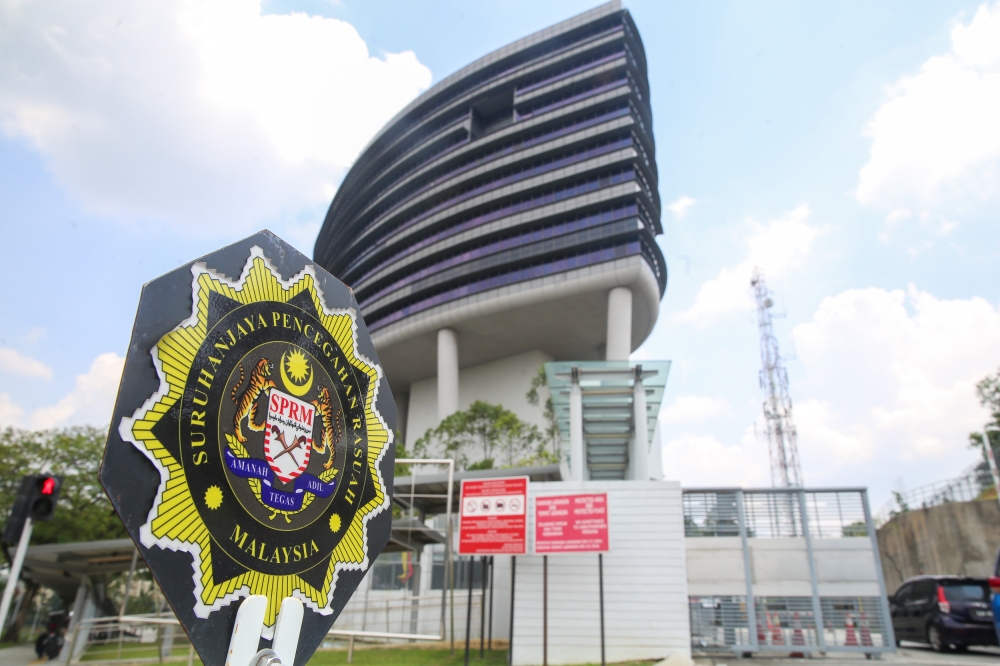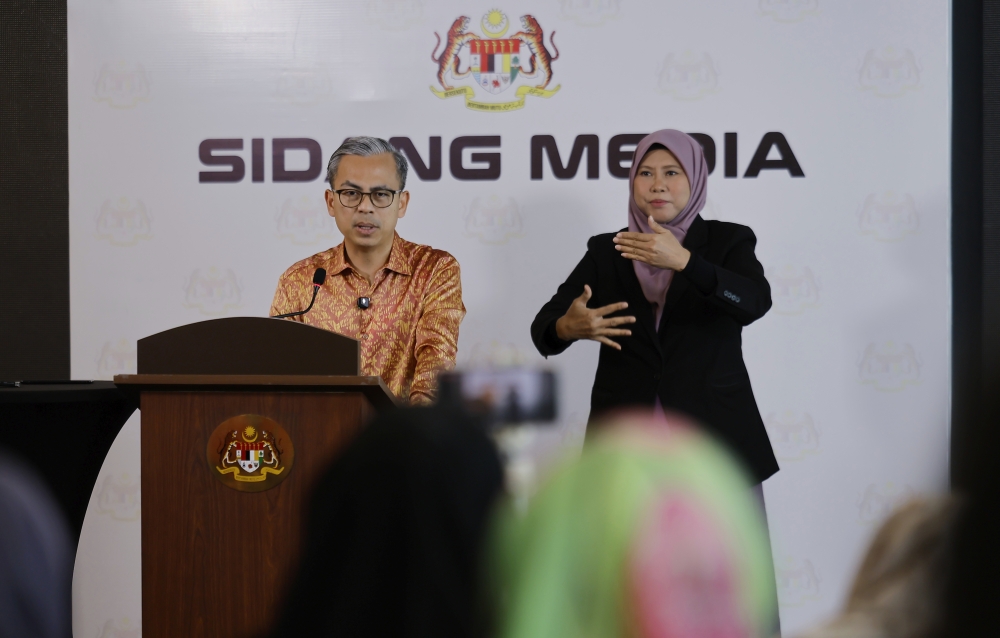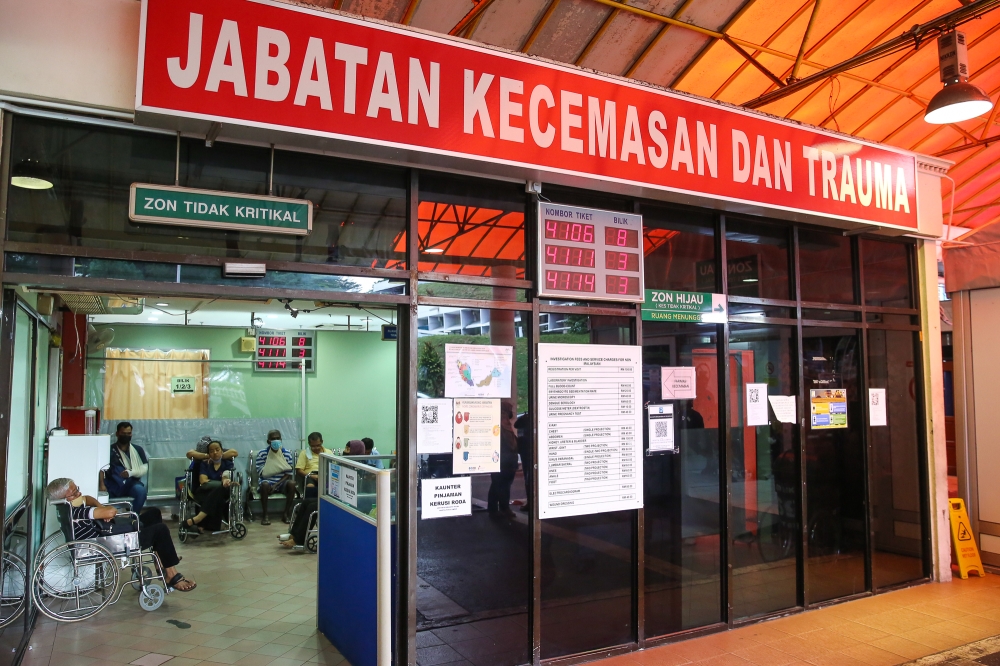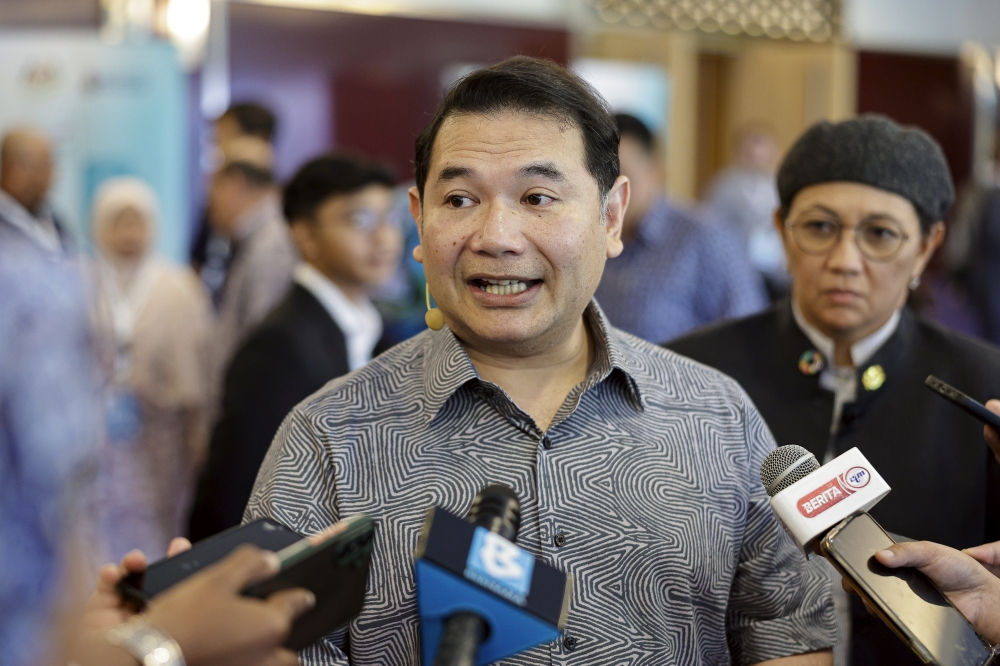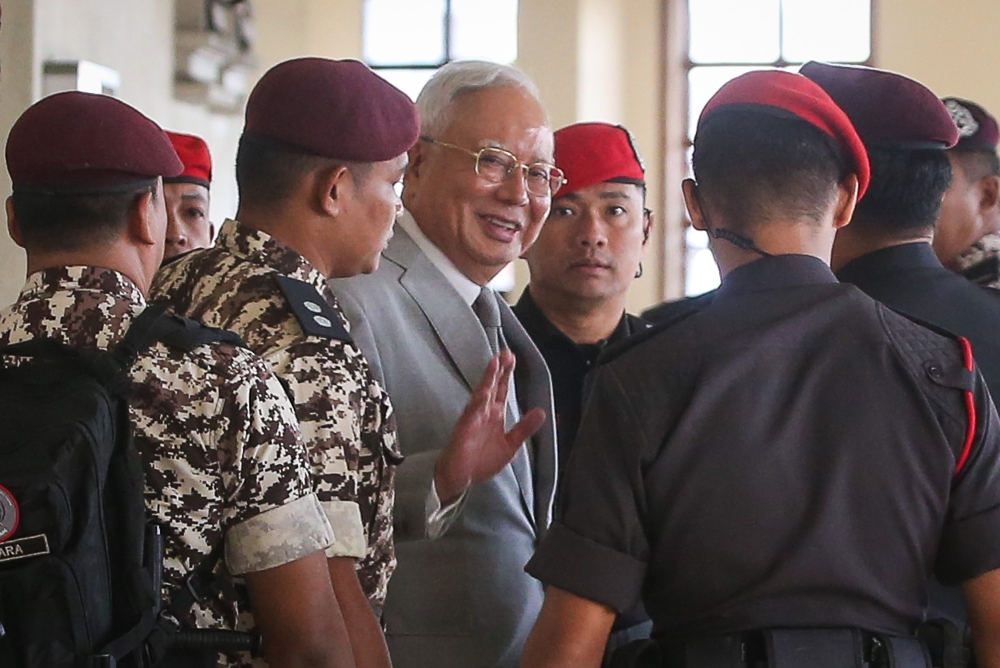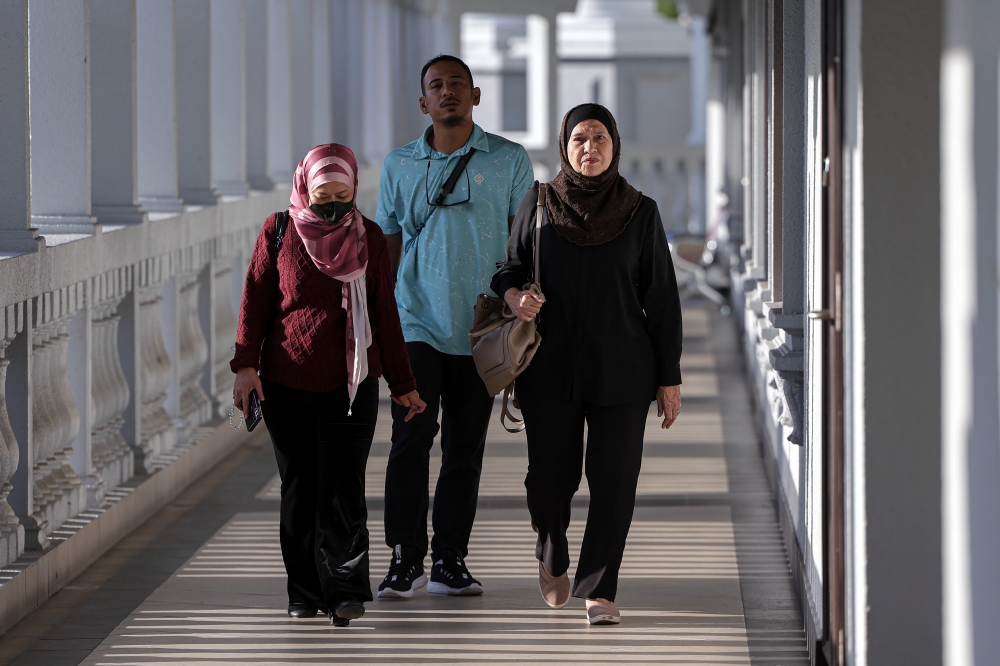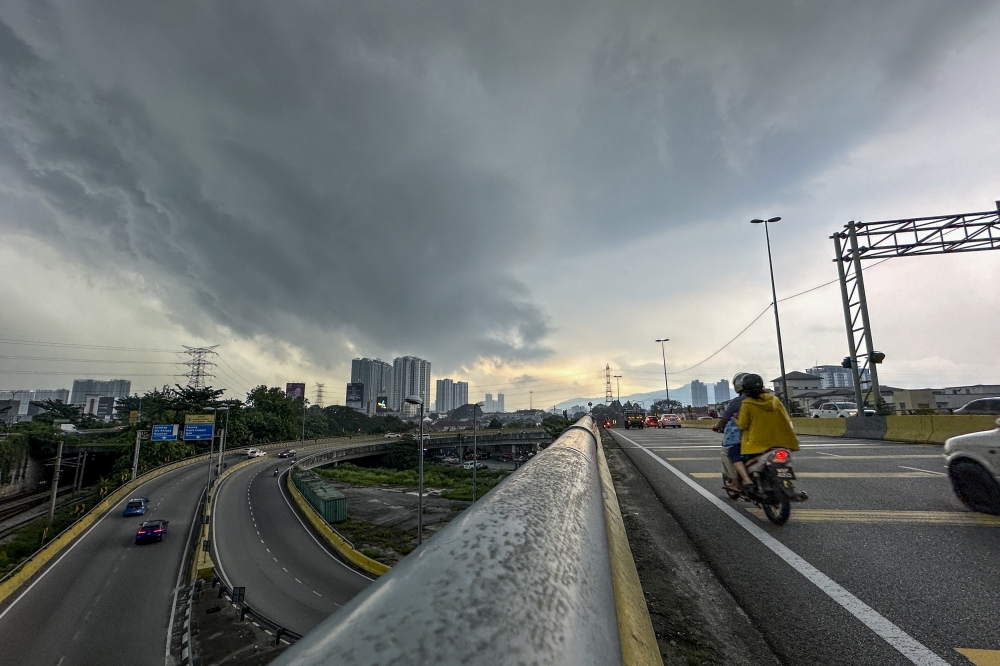KUALA LUMPUR, Sept 8 — Malaysia is currently on track in ratifying the Comprehensive and Progressive Agreement for Trans-Pacific Partnership (CPTPP), pending a detailed and clear mandate from the Cabinet, said the Ministry of International Trade and Industry (Miti).
Miti’s senior director of Strategic Negotiations Division, Arividya Arimuthu said the current administration has made it clear that the government will continue with trade and business-friendly policies and is open to mutually beneficial Free Trade Agreements (FTA).
“Our ambitious timeline is to get the Cabinet’s directive on where we are heading with regards to the CPTPP by the end of this year, but otherwise, we are looking at the first quarter of 2022.
“A lot of things have to come together before we can go to Cabinet; there is a cost and benefit analysis that has been commissioned that should help us to understand the costs and benefits associated with the CPTPP.
“We are also undertaking stakeholder consultations and we have ministries working on amending the relevant laws under their purview,” she said in a webinar organised by the Institute for Democracy and Economic Affairs (IDEAS), today.
Arimuthu said once the Cabinet has given its approval for Malaysia to ratify the CPTPP, a ratification instrument will be submitted to the CPTPP depository, which is New Zealand, to inform its members that Malaysia is now ready to implement the agreement.
“Once done, the CPTPP will come into force 60 days after the ratification instrument submission,” she said.
CPTPP is a gold standard FTA — a high-quality trade agreement that confers preferential treatment to its members — and 11 countries have signed the agreement, including Malaysia.
However, to-date, only seven countries, namely Australia, Canada, Japan, Mexico, New Zealand, Singapore and Vietnam have ratified the CPTPP.
Meanwhile, the agreement will come into force in Peru on Sept 19, 2021, as the country had submitted its instrument of ratification in July.
The CPTPP covers virtually all aspects of trade, including e-commerce, state-owned enterprises, and additional disciplines on intellectual property rights as well as technical barriers to trade.
According to Arimuthu, Malaysia remains a signatory country along with Brunei and Chile, and does not enjoy preferential tariff rates offered in the agreement and cannot block any consensus made by all the parties involved.
“The United Kingdom (UK) has started a formal accession process to the CPTPP, and as signatories, Malaysia will not be able to block any decision made by the countries which have ratified the CPTPP.
“Of course it is not in the nature of Malaysian negotiators to be blocking the decisions, we will be welcoming the UK into the fold, but there will be an impact for us and limitations in terms of the role that Malaysia will assume when it comes to market access negotiations with the UK,” she added.
Arimuthu noted that CPTPP is an agreement that goes beyond just reducing tariffs as it involves an integrated market of 500 million people, with a combined output of US$10 trillion (US$1=RM4.15) that represents 13.5 per cent of the world’s economy.
“All of this will grow once the UK enters into the CPTPP and it will provide market access opportunities to not just 11 countries, but a growing number of countries, and it is something that Malaysia needs to recognise,” she said. — Bernama


